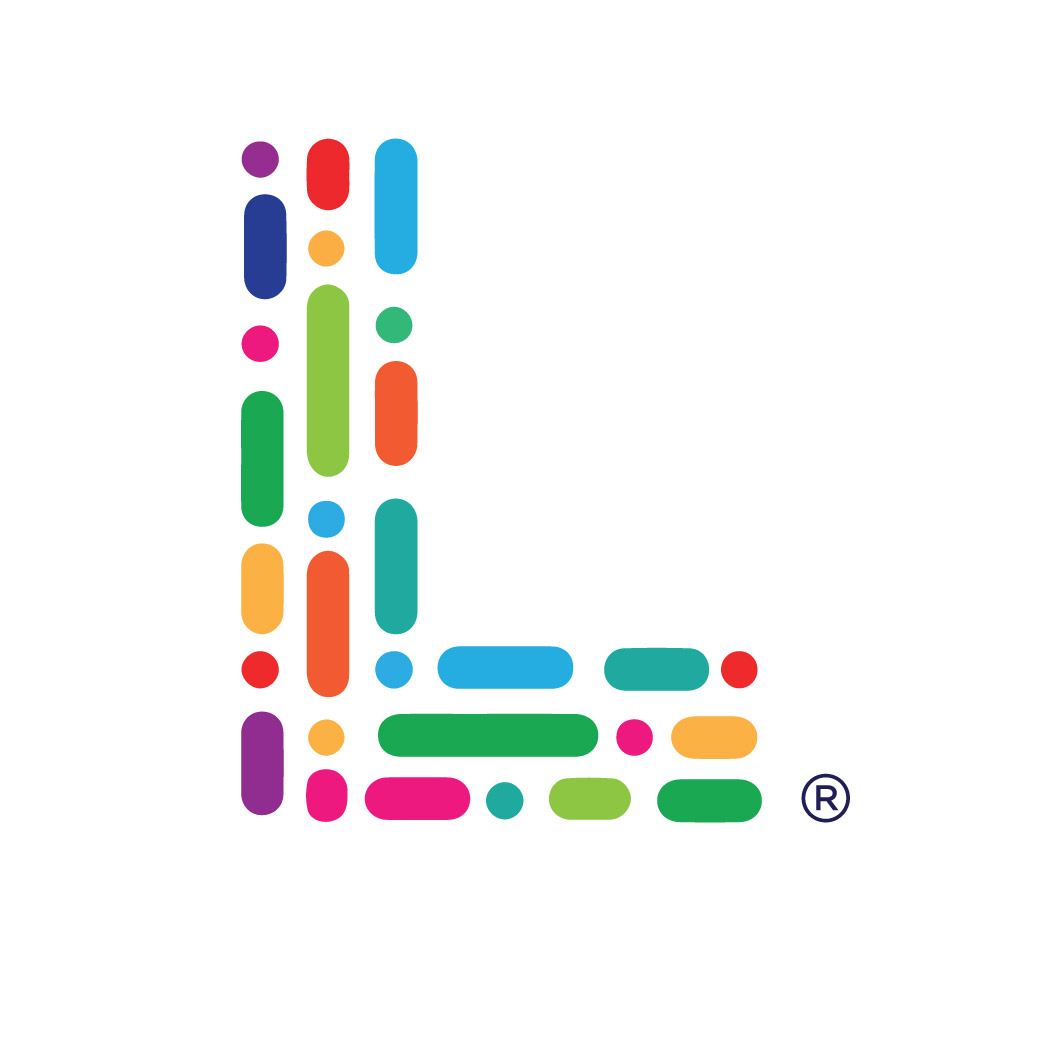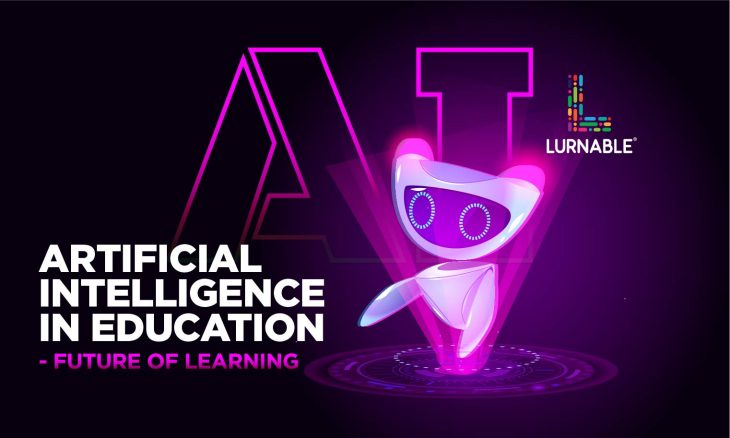Artificial Intelligence is the latest tech buzzword, with the likes of Chat GPT and Bard disrupting all industries. Education is no exception as AI revolutionises the traditional approach to teaching and learning. Even though there’s no denying that it can enhance how students learn and teachers teach, there are looming fears about the technology going the wrong way.
Some educators fear that AI might make them redundant in the future. And others worry about things getting rather too easy for students as a tool completes their assignments and sits for exams. But it’s too early to predict what lies ahead as Artificial Intelligence becomes a norm in education. But can it go beyond training students in Math and science and develop emotional skills? Will it replace teachers and classrooms altogether?
There’s no way to foresee and foretell the role of AI in the future of learning. However, one can explore how it is transforming the education landscape and what are the potential benefits and challenges it entails. Let’s dig deeper!
BENEFITS OF AI IN EDUCATION
With AI becoming an integral part of teaching and learning, it’s vital to understand the benefits it offers. Here are a few of them-
Personalised experiences- Artificial intelligence can empower personalised learning with customised plans according individual needs and preferences. Educators can use it to track a student’s strengths and weaknesses and tailor a personalised curriculum to address their learning needs. They can also give real-time feedback to streamline performance improvement. Students can work independently and get the necessary support to foster learning.
Enhanced teaching methodologies- Besides facilitating better learning experiences, AI can enhance teaching methodologies. Educators can use AI-powered tools such as interactive simulations, chatbots, and virtual and augmented reality to provide a more immersive and engaging learning experience.
Smart content- Smart content has been around for some time, but AI has the potential to take it to the next level. It is capable of analysing vast amounts of data and generating insights to create better educational content. Educators can leverage it create learning materials tailored to the needs of students and supplement their learning.
Predictive analytics- With AI, it is possible to predict students’ performance based on academic history and other relevant data. The information enables educators to identify students at risk of falling short and give them additional support. Likewise, predictive analytics can pinpoint the ones doing well and push them harder with more challenging coursework.
Greater accessibility- Artificial Intelligence offers assistive tools and technologies to help bridge the learning gap for students with disabilities. For example, image recognition, speech-to-text, and text-to-speech can make educational content accessible to all learners, regardless of their limitations.
CHALLENGES OF AI IN EDUCATION
Besides the benefits, AI also brings some challenges for educators and learners. Here are the ones worth knowing about-
Ethical concerns- There are obvious ethical concerns relating to fairness, bias, and efficiency when it comes to the use of AI in education. It may even lead to discrimination and unfair treatment, with undeserving students making it to the top and the deserving ones lagging.
Data privacy- The use of AI in education entails the collection and analysis of data, including confidential student information. With cybercrime and data thefts being rampant, these data pieces are at high risk. Institutions must implement robust security measures and comply with relevant data protection regulations to address the concern.
Access and equity- Since AI tools may not be equally accessible to all, equity is one of the key concerns for educators. The situation can create a digital divide between students, unless everyone has equal access to technology and internet resources.
Legal and regulatory frameworks- Another challenge that comes with the use of AI in education relates to legal and regulatory frameworks. Issues such as accountability, copyright, liability, and intellectual property may crop up as students and teachers use propriety content for their assignments and course material.
Technical limitations- Even as AI technologies and tools are highly advanced, they are still far from perfect. Algorithms may lack reliability, accuracy, and interpretability, leading to errors in outcomes. Additionally, educational institutions may face challenges while to keeping up with the latest technological developments and adapting their infrastructure and policies accordingly.
WRAPPING UP
The future of AI-based education is definitely promising. It has the potential to transform the traditional approach and personalise learning for better outcomes. However, one should not overlook the challenges that come with the use of artificial intelligence in the domain. A cautiously-optimistic approach is essential to making the most of the technology without falling prey to its challenges. The best option is to implement it ethically and responsibly.

If you are considering studying abroad why don’t you discuss your prospects and opportunities with experts at Lurnable’s dedicated study abroad counselling division LurnPathways?





